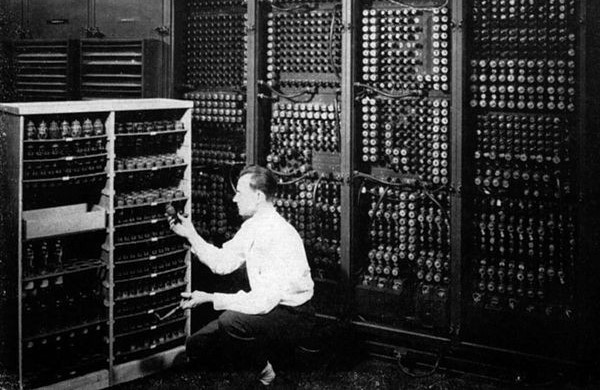
What is computation? What does it mean for a human person to compute and how is that similar to (or different from) a personal computer or a smartphone performing the same computation? Can we say that brains or neurons also compute in the same, or some similar, sense? Are there limits to what can be computed, and how are such limits based (if they are) on the laws of nature or the truths of logic? These are some of the questions explored in this course.
Although obviously related, this is not strictly a philosophy of computer science course. The notion of “computation” lies at the heart of several theoretical and practical fields: from mathematical logic, computer science and the physics of information to scientific computing, the cognitive sciences, and even automated reasoning. Therefore, the course will be a survey of historical and contemporary topics ranging over most of these areas. The explored themes are motivated and approached from both a historical and a conceptual perspective.
Although obviously related, this is not strictly a philosophy of computer science course. The notion of “computation” lies at the heart of several theoretical and practical fields: from mathematical logic, computer science and the physics of information to scientific computing, the cognitive sciences, and even automated reasoning. Therefore, the course will be a survey of historical and contemporary topics ranging over most of these areas. The explored themes are motivated and approached from both a historical and a conceptual perspective.
- Teacher: Filippos Papagiannop